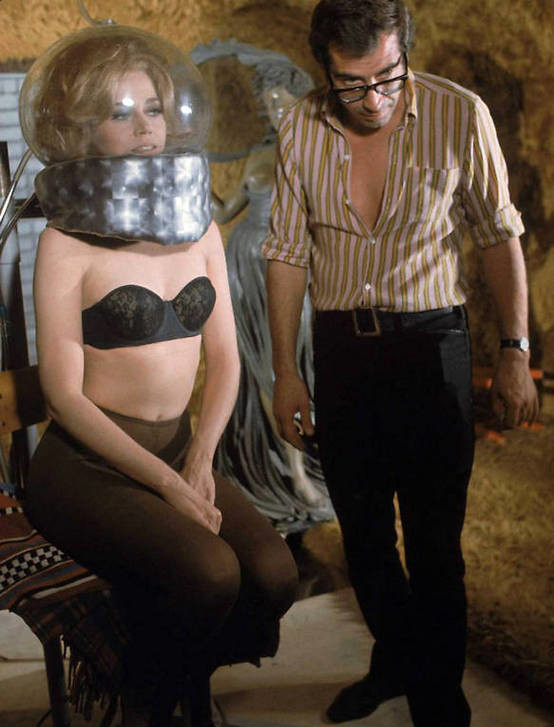Do you feel there was a difference between how men and woman approached drugs, sex, etc. in Silicon Valley, and how do you feel it reflects on the gender disparity in STEM fields as whole?
Laurie Segall:
I learned about two different sex communities – polyamorous communities and the swinger crowd (they like to be called “lifestyle members,” not swingers). Polyamory is based more on emotions and swinger community is based more on sex. The woman I spoke to who was polyamorous seemed very in touch with how men and woman are looked at in general. She said people in her position could face discrimination at work and spoke a bit about the power dynamic in Silicon Valley. It was easier to find men experimenting with drugs than women. That’s just a start… we could talk for a long time about this.
________________________________
Question:
Did you try any of the smart drugs like piracetam, ciltep or modafinil? If so, did the have a smart effect?
Laurie Segall:
I have a bag full of them with me now actually and thought about doing a whole “I tried smart drugs” piece. I’d want to try them over a long period of time and not when I’m looking for a result if that makes any sense. I interviewed the guy who started ciltep and it’s interesting to hear about so many people trying to make their own versions and stacks of nootropics. I will try them at some point but haven’t yet. Dave Asprey, who we interviewed for this, gave us bulletproof coffee. It has some oil in there that’s supposed to make you more energetic. It certainly worked. For about 10 minutes I was talking a mile a minute. This morning I took a giant bag full of the smart drugs on the subway with me and got some interesting looks.
________________________________
Question:
You mention psychedelics. How are these being used? Are they used for a specific performance enhancement or rather to recreationally?
Laurie Segall:
The entrepreneurs I spoke to said they used LSD for creative breakthrough moments. I’m sure LSD is used recreationally, but the Cisco engineer said he didn’t consider it recreational. He took it 4-5 times a year when he was looking to think of a creative solution. Tim Ferriss said that while smart drugs are used to work harder, stay up later, be more productive, psychedelics are often used to pour gasoline on the fire and solve hard problems. LSD is classified as highly addictive so there are quite a few risks associated with using it.
Question:
What are some of the results people have said they have gotten from taking the drugs?
Laurie Segall:
One of the entrepreneurs said he was able to get rid of his brain fog. He said different types of smart drugs and nootropics helped him with everything from memory to energy. He did mention side effects. That’s something people should know about if they’re going to try this stuff. There are no long-term studies on a lot of these things.
________________________________
Question:
Is there an element of elitism going on here? Does this group feel the need to exist in a place outside of “normal”? I can almost set the scene where a group of techies sit circled around their coffee table crunching stacks and laying out the partner rotation schedule on an excel sheet. Heads stuck squarely up their own asses. Am I off base here?
Laurie Segall:
I think a lot of these people have more money and live in a place where it’s a bit more ok to explore different lifestyles that might now be acceptable in more traditional places. I do think that in order to have access to a lot of this stuff you’ve got to have more money, so that’s something to consider. I didn’t get the feeling that some of the people I interviewed had that element of elitism.•

